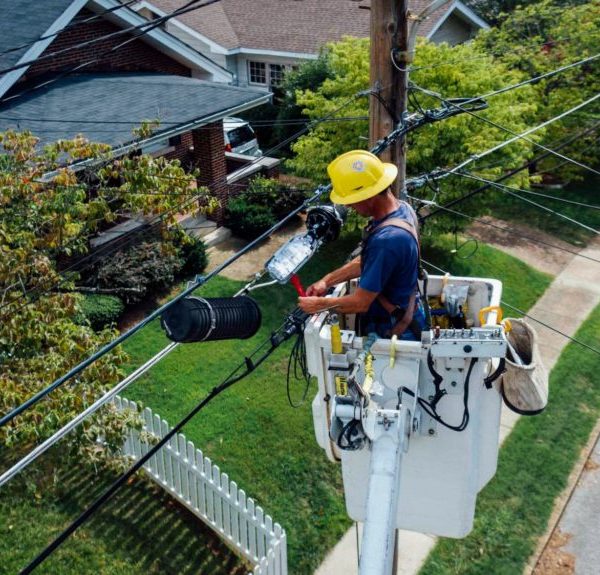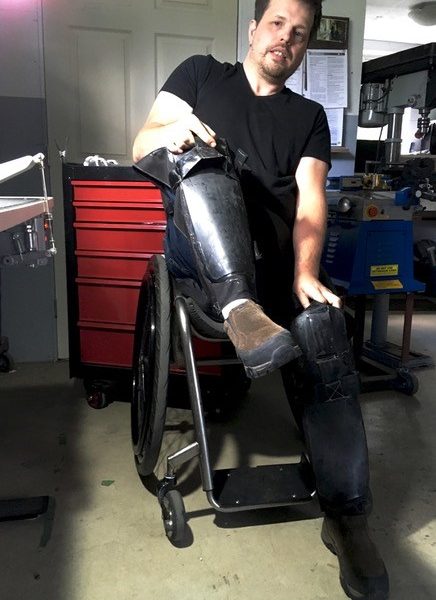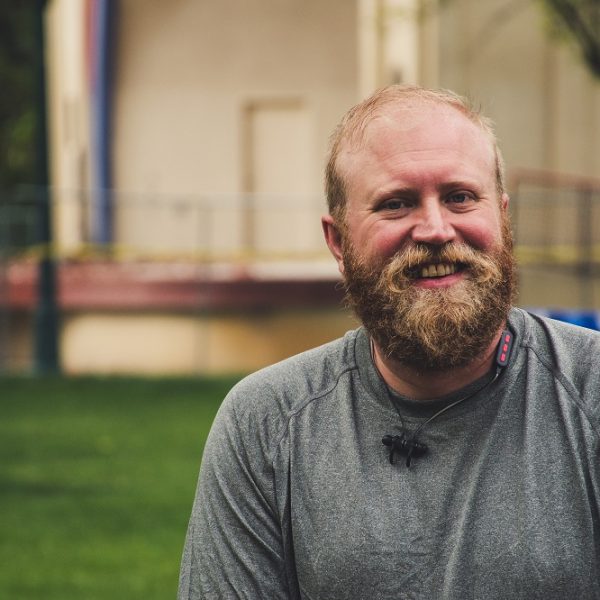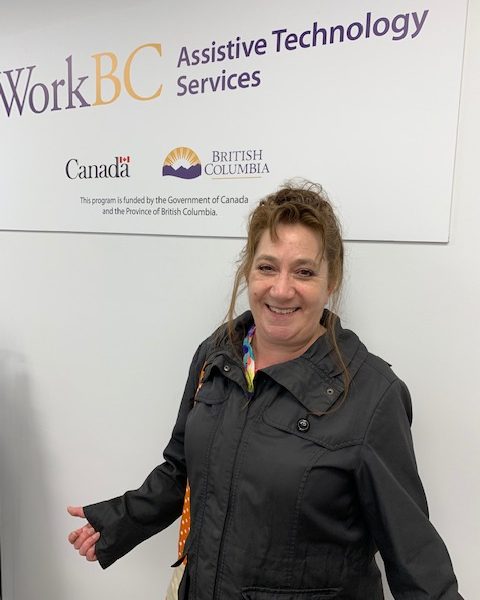Deanna Returns to Work with the Help of WorkBC Assistive Technology Services

Deanna had a job offer to think about. An employment counsellor based in Port Alberni, she was on medical leave when she was offered a new position by her employer.
WorkBC Assistive Technology Services “Has Helped Me Stay Employed”

A public sector employee based in Prince George, David spends many hours each day poring over data. His work also involves discussing that data, communicating face-to-face, over the phone, and over Skype.
Having a “profound hearing impairment since birth,” that can be quite difficult for David.
Rhiannon Moves into Full-Time Work with WorkBC Assistive Technology Services

Since receiving support from the WorkBC Assistive Technology Services program, Rhiannon’s life has changed a lot.
“I have money in my savings account for the first time in five years, I have more money for healthcare treatments, and am able to pay student loans without struggling every month,” she explains.
New Hearing Aids Help Tim Communicate at the Jobsite

On a jobsite, it’s important to be able to communicate effectively — not only to get the job done, but more importantly, to stay safe.
It’s something Tim, a young level 1 electrical apprentice based in Port Coquitlam, knows quite well. His work often finds him on high-rise buildings.
Assistive Technology Services Helps Kevin Grow His Business

Kevin is a Maple Ridge based entrepreneur who has devoted his work to helping others.
With his company, Society Wheelchairs Ltd, he designs and manufactures custom wheelchairs — alleviating pain and other seating issues — for his clients. Para-sports are another aspect to his work, with Kevin developing protective equipment for adaptive climbing.
Darlene Finds A Solution to Her Hearing Loss

Darlene is a senior who works as an associate at a dollar store in Sidney; her duties include working the till and the stocking shelves.
She suffers from hearing loss in both ears.
WorkBC Assistive Technology Services Puts Tianna on Track for Employment

Tianna, a single mother living in Kelowna, is continuing her education as she looks towards a future career.
However, she faces multiple barriers in both her program and on her path to employment.
“I have neck, back, and spine injuries,” she shares. “I deal with chronic pain and limitations doing certain tasks.”
Adam’s Improved Quality of Life

Adam is a web developer based in Victoria. His work — which involves long hours on the computer — is taxing on his body due to a spinal cord condition.
“I have a spinal cord condition that causes chronic back and lower body pain. It makes it difficult to sit or stand for prolonged periods,” he says. “It also makes it difficult to concentrate and problem solve.”
Jeffrey Improves His “Ability to Listen and Follow Conversation” with Hearing Aids

Jeffrey is an apartment manager in Vancouver, responsible for everything from checking new tenants into the building to responding to on-call issues like noise complaints.
It’s a job that requires good communication with tenants and the contractors he calls to take care of maintenance issues.
However, he’s been struggling with his hearing — dealing with tinnitus, sound sensitivity, and hearing loss.
“Without this help, I never would have been able to get hearing aids.”

Working for a home care provider in Kelowna, Karen helps clients live in their own homes by coming over and helping them with tasks ranging from meal prep to dressing and bathing.
Karen was finding, however, that she needed help herself.
“I am a middle aged woman in fair health with a hearing impairment,” she explains. “I cannot always hear what clients are saying.”



